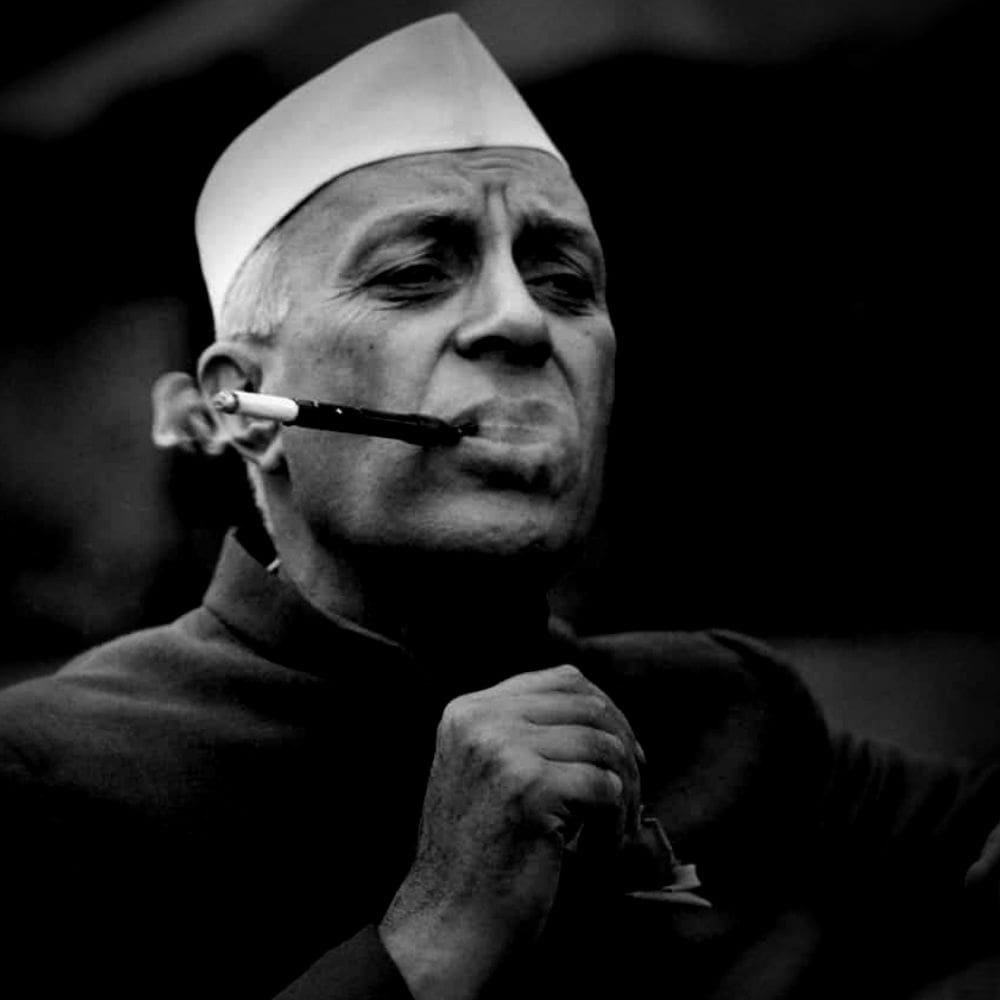NEHRU & UNIFORM CIVIL CODE (UCC)
Article 44 of the Directive Principles of State Policy (DPSP) in India sets implementation of the Uniform Civil Code (UCC) as a duty of the State. UCC is meant to replace the personal laws based on the scriptures and customs of various religious communities in India with a common law governing every citizen. These laws cover marriage, divorce, inheritance, adoption and maintenance. The concept of DPSP was inspired by and based on the following: the Irish Constitution, the Declaration of the Rights of Man proclaimed by Revolutionary France, the Declaration of Independence by the American Colonies, and the United Nations Universal Declaration of Human Rights.
In the spirit of the DPSP while the Hindu Code Bills were passed during 1950s, nothing was done to amend the Muslim Personal Laws, despite many prominent Muslims advocating it (with Mullahs and some Muslim bodies expectedly opposing it), including Mahommedali Currim Chagla (MC Chagla), an Indian jurist, diplomat, Cabinet Minister, and the Chief Justice of the Bombay High Court from 1948 to 1958, who had made a vehement plea in favour of UCC. Wrote MC Chagla:
“Consider the attitude of the Government to the question of a uniform civil code. Although the Directive Principles of the State enjoins such a code, Government has refused to do anything about it on the plea that the minorities will resent any attempt at imposition. Unless they are agreeable it would not be fair and proper to make the law applicable to them. I wholly and emphatically disagree with this view. The Constitution is binding on everyone, majority and minority; and if the Constitution contains a directive, that directive must be accepted and implemented. Jawaharlal showed great strength and courage in getting the Hindu Reform Bill passed, but he accepted the policy of laissez-faire where the Muslims and other minorities were concerned. I am horrified to find that in my country, while monogamy has been made the law for the Hindus, Muslims can still indulge in the luxury of polygamy. It is an insult to womanhood; and Muslim women, I know, resent this discrimination between Muslim women and Hindu women.”
For Nehru, power was sacrosanct. Power required getting elected. And, that required votes. Why disturb the apple-cart? If introducing UCC may cost Muslim votes, why do it? Rights and freedom of Muslim women could wait—indefinitely. Let them continue to suffer. Nehru didn’t mind “good things” as long as it didn’t cost him votes.
Islamic and Muslim-majority countries like Malaysia, Indonesia, etc. have since reformed their personal laws, but NOT the “secular” India. Even during the Nehruvian times, President Ayub Khan of Pakistan and President Habib of Tunisia had changed the Muslim Personal Law in their respective countries. Wrote Brig. BN Sharma:
“His [Nehru’s] actions, deliberate and inadvertent, encouraged a separate Muslim identity in the Indian polity whose thoughts and actions were not always co-terminus with the national ethos. By instilling a sense of insecurity in the Muslim minds and thereby encouraging a ghetto mentality and posing as their champion, he berated and denounced the so-called Hindu majority as communal, hoping to create a permanent Hindu-Muslim schism and vote-bank for the Congress… His successors perpetuated the game…”
To cover-up for his vote-bank politics, Nehru tried to take the expedient plea in the garb of being a “liberal” and a “secular” that a Hindu-majority nation like India would not like to touch the personal laws of the minority, unless the minority itself wants it. The question is: Did Mullahs represent the Muslims? Did Nehru ascertain the wishes of the Muslim women? If Nehru was genuinely a liberal and a secular person, he would rather have said: “We would formulate UCC by involving all concerned. We would educate all Indians on the benefits of UCC. We would educate the Muslims on the reforms that have taken place in Islamic countries. We would encourage wide-ranging discussions. After that, we would ascertain the wishes of each gender in each religious community, including Muslims, through a secret ballot.”
It is worth noting that in its judgement of 10 May 1995, the Supreme Court of India reasserted the need of a Uniform Civil Code, commenting that the successive governments till date had been remiss in their duty of implementing their Constitutional mandate enshrined in the Directive Principles; and averred that a UCC was imperative both for the protection of the oppressed and the promotion of national unity.
Incidentally the Goa state has UCC regardless of religion, gender, and caste—Hindu, Muslim and Christians in Goa are all bound with the same law related to marriage, divorce and succession. If there can be a UCC in one state in India, why not in others, especially when it would benefit women. Notably, when the Indian Penal Code (IPC) for criminal offences is uniformly applicable to all communities, that is, in a way, there is a ‘Uniform Criminal Code’, why not ‘Uniform Civil Code’? Is it because for the Muslims the Sharia is far more stringent on the criminal aspect—cutting off both hands for theft, stoning to death for adultery, and so on—compared to the IPC? Choose IPC for crimes, and for civic cases choose Personal Laws, because they favour males over females!


